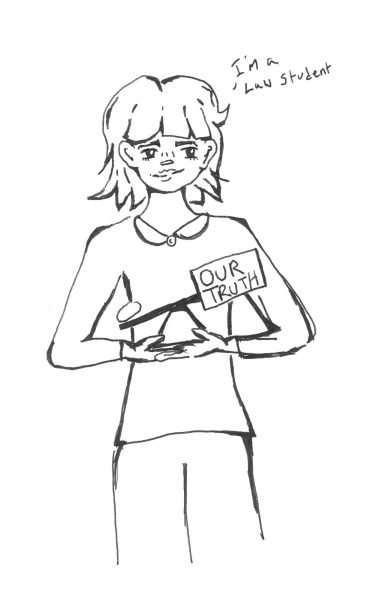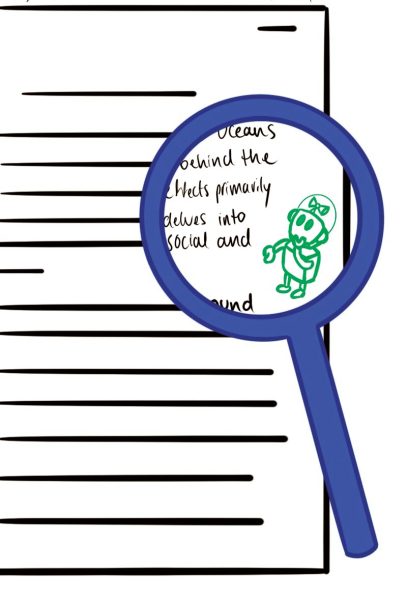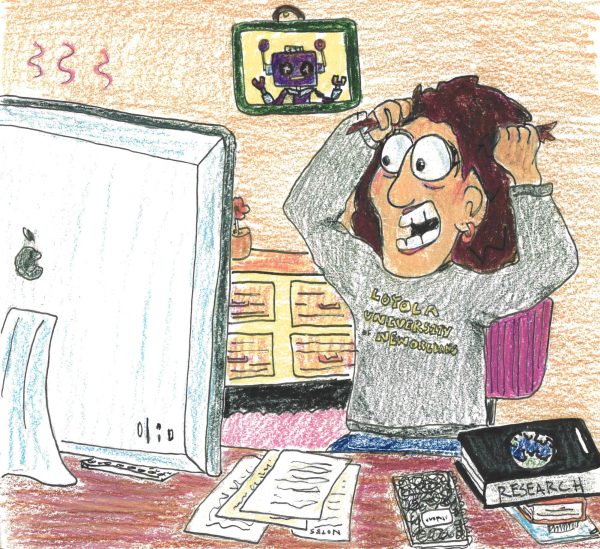Cruel and unusual punishment
March 5, 2015

Tony is a political science senior
Last month, a federal judge in Oklahoma City ruled that Oklahoma could continue using the controversial sedative midazolam in a three-drug cocktail to execute prisoners.
In doing so,they reject the argument that the use of the sedative in the mishandled execution of Clayton D. Lockett last April amounts to an illegal experiment on human subjects, which violates both the Oklahoma and U.S. constitutions’ bans on cruel and unusual punishment.
The case was brought to court after Mr. Lockett visibly gasped, strained and heaved against restraints for the duration of his 43 minute execution — rather than the expected 15 minutes — after the executioner failed to insert the intravenous line properly.
Judge Stephen P. Friot of Federal District Court, ruling against condemned prisoners who sought to delay executions, claimed that lethal injection was more humane than historical methods like hanging, and that midazolam had been successfully used in a dozen executions elsewhere, it should not be considered new or experimental.
Lawyers for the Oklahoma prisoners and human rights advocates argue that even when administered properly, midazolam cannot reliably protect prisoners from excruciating pain. They point to other unusually prolonged executions this year involving midazolam in Arizona and Ohio and Justice Ruth Bader Ginsberg’s harrowing dissent in Baze v. Rees, which called for ending the practice of capital punishment on Eighth Amendment grounds.
In a similar ruling in Arizona, Mr. Joseph Wood appeared to gasp and convulse for nearly two hours before dying, but the judge’s ruling concluded that he was unconscious during that time and did not feel pain, according to official Arizona medical reports obtained by the New York Times.
The disputes over midazolam’s effectiveness date back to the electro-execution of Pedro Medina in Florida in 1997, where the sedative failed and flames shot out from the headpiece and filled the execution chamber with thick smoke, gagging the two dozen official witnesses. Medina’s chest continued to heave until the flames stopped. Then he died. This incident was widely reported by national media.
In an interview with the Washington Post, Friot claimed the plaintiffs failed to present a known and available alternative and that an occasional isolated episode does not constitute cruel and unusual punishment. This willfully uninformed ruling blatantly ignores unsuccessful and gruesome executions in Arizona, Florida and Ohio using the same controversial three-drug method, while also disregarding the 19 states that have completely outlawed capital punishment.
Although Friot’s ruling argues that lethal injection “is universally recognized as the most humane method of execution,” Human Rights Watch and other human rights organizations urge Oklahoma and Arizona to seriously examine the risk of suffering posed by the three-drug protocol currently used in lethal injections.
The Pope, Dalai Lama, priests, imams and rabbis around the world have unified to condemn the practice of execution; it is incumbent on Loyola’s community to join them in their outrage. Seldom do people from so many cultural backgrounds agree on topics concerning human rights, so it is due time we join religious leaders, supreme court justices and millions of people around the world to condemn this practice and scour it from our justice system.
However, the unfortunate truth is that nearly two-thirds of Americans — 63 percent — support the continued use of the death penalty. This support translates into inaction in the conservative 114th Congress, even though a 47 percent plurality of Americans consider themselves “pro-life.”
The Louisiana Coalition for Alternatives to the Death Penalty has been lobbying local, state and federal lawmakers to acknowledge the mistreatment of prisoners in Louisiana and around the country.
Loyola University has been on the front lines of this issue, holding panel discussions about injustices and even putting Jesus on trial. If human rights supporters want to see a more “human” justice system, then the tide has to turn in the support for government-sponsored executions.


















